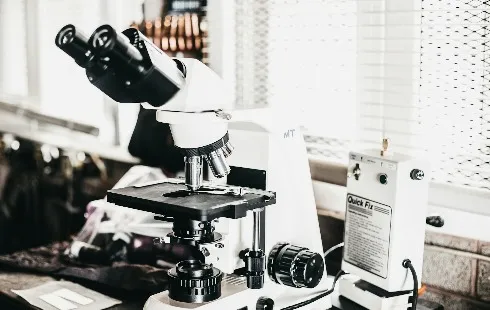
Gonadorelin Peptide: A Gateway to Understanding Endocrine Dynamics
Section: Science
Blood transfusion is critical to save lives, but often the availability of safe blood at the time when is needed is scarce. Recent research suggests that economic rewards increase blood donations, urging the need to rethink current blood collection policies.
The World Health Organization (WHO) guidelines for blood collection suggest that blood should be obtained from unpaid volunteers. These guidelines are based on evidence from surveys and laboratory studies reporting that economic incentives attract fewer and "worse" donors, thus decreasing the quantity and quality of blood donations. But these studies have flaws, say Dr Nicola Lacetera, Dr Mario Macis and Dr Robert Slonim, authors of a review published in May in the journal Science discussing recent research on blood collection policies.
In this review, the authors present evidence that certain economic incentives increase the amount of blood donations, without affecting the quality of the blood donated. This should be a motivation for policy makers to reconsider the current guidelines discouraging economic rewards for blood donors, which have been applied by the WHO and many national blood collection agencies for over 40 years.
Unlike previous studies that used small or non-random samples (sometimes in a laboratory setting), recent work by Dr Lacetera, of the University Of Toronto, Canada, and by Dr Lorenz Goette, of the University of Lausanne, Switzerland, uses large representative samples of existing or potential donors, as well as clinical trial-like experiments.
In separate studies, Dr Lacetera and Dr Goette tested a range of economic incentives, from small coupons to a paid day off work, on how they affected the number of blood donations. All 19 different incentives increased blood donations, with only one exception - a free cholesterol test - that had no effect on donation numbers. The researchers also found that the value of the economic reward plays an important role in increasing the number of blood donations- the higher the reward, more donations.
But these studies also have some caveats. In their review, Lacetera, Macis and Slonim discuss that, since the rewards were offered once or on a temporary basis, currently there is no tangible way of determining their long-term effects on blood donations. In addition, all the trials performed offered donors materialistic awards rather than cash- so the effect of offering cash to donors on the number of blood donations remains to be tested.
Finally, but not less importantly, these studies were all performed in wealthy countries. From roughly 100 million blood donations collected globally, almost 50% of it originates from high-income countries. However, these countries account for only 15% of the world population of nearly seven billions. Future studies should explore how economic incentives affect blood donation numbers in low-income countries, where the scarcity of blood is higher.

Section: Science
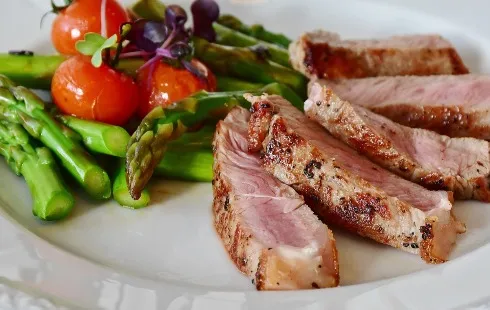
Section: Health

Section: Arts

Section: Health

Section: Science
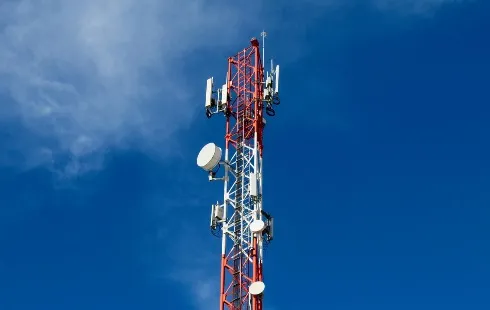
Section: News

Section: News
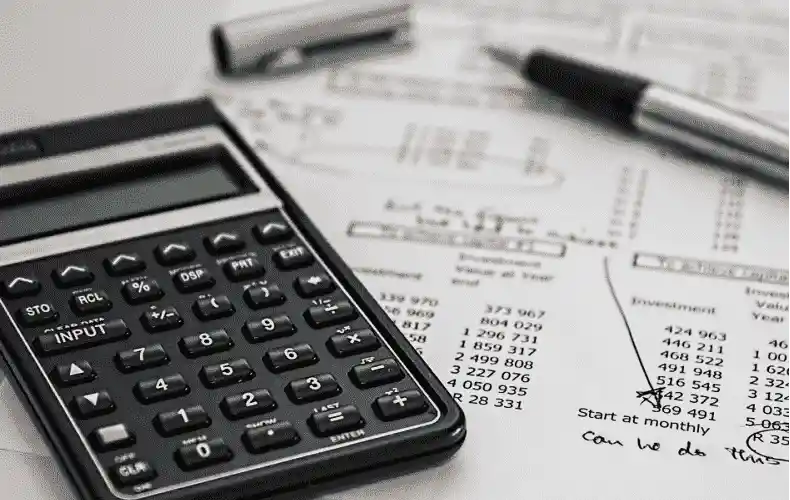
Section: Health Insurance
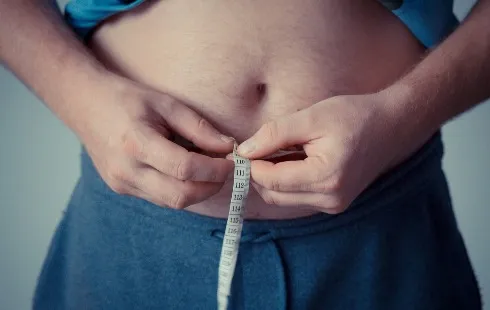
Section: Health
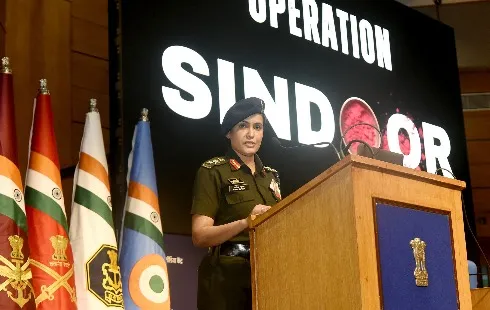
Section: News
Health Insurance in Germany is compulsory and sometimes complicated, not to mention expensive. As an expat, you are required to navigate this landscape within weeks of arriving, so check our FAQ on PKV. For our guide on resources and access to agents who can give you a competitive quote, try our PKV Cost comparison tool.
Germany is famous for its medical expertise and extensive number of hospitals and clinics. See this comprehensive directory of hospitals and clinics across the country, complete with links to their websites, addresses, contact info, and specializations/services.
Join us for an electrifying evening with the Marion & Sobo Band on Wednesday, August 6, 2025, from 20:00 to 23:00 at the Festzelt am Volksfestplatz in Unterschleißheim. This dynamic band, comprising talented musicians from Germany, France, and Poland, brings a fresh blend of world music and...



No comments yet. Be the first to comment!